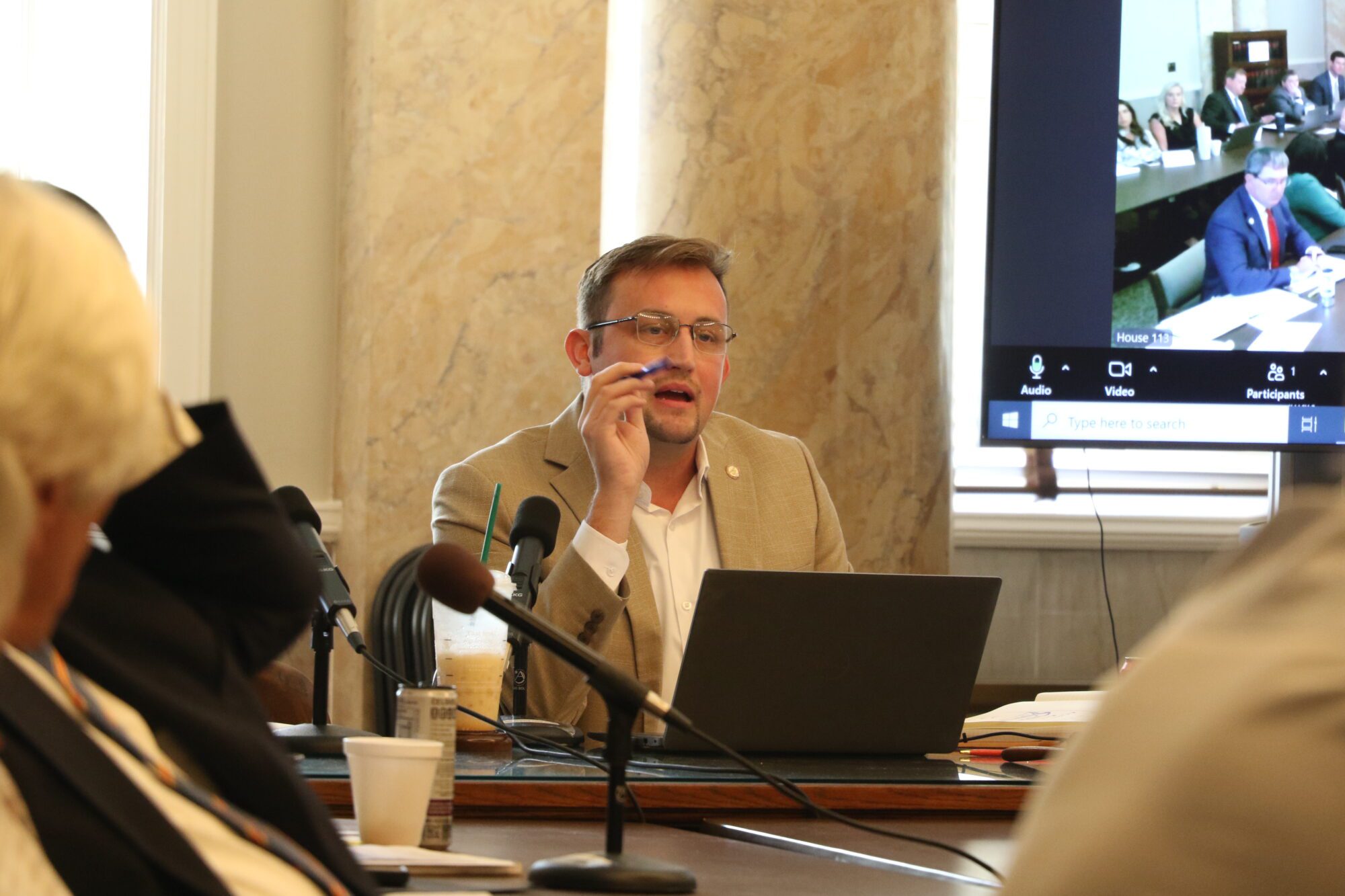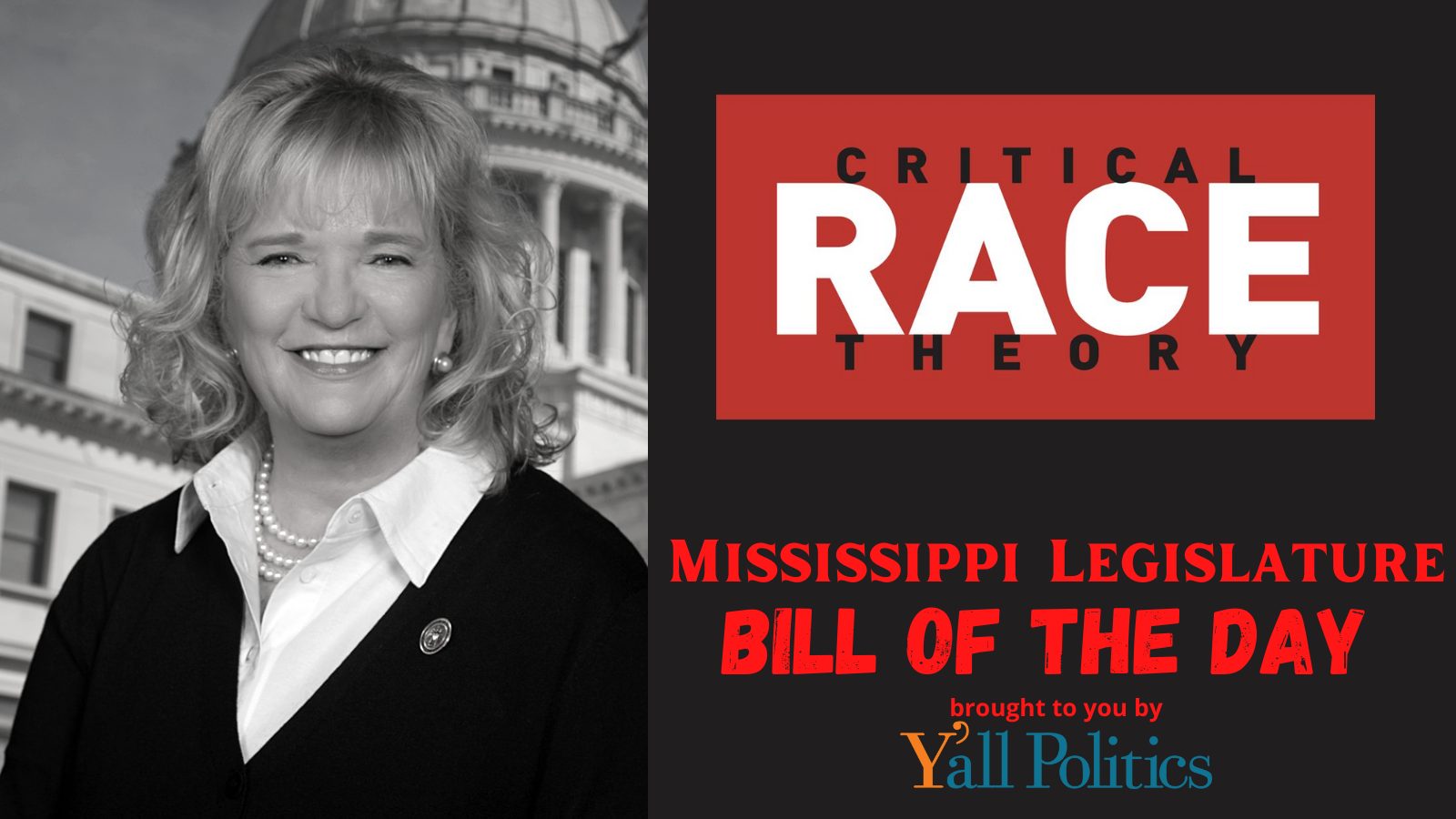
Submitted by Kacee Waters
Public concern rightly comes from the mention of NCSS as resource for new curriculum, says public school mom and Ocean Springs School Board member.
There has been much concern expressed as of late over the Mississippi Department of Education’s new social studies standards. MDE developed and adopted similar social studies standards in 2018 that were to be implemented in 2019-2020 school year. This begs the question: Why the need to revise them so soon after the overhaul?
Public concern rightly comes from the mention of the National Council for the Social Studies (NCSS) in the list of sources from which MDE and its contributors developed the 2022 standard revisions.
According to the published revisions, the updated standards’ content centers around three practices: conceptual understanding, fostering inquiry, collaboration and action, and integration of content skills. Instruction in these areas is designed for a greater balance between content and process.
They are comprised of five (5) essential content strands: Civics, Civil Rights, Economics, Geography, and History.
MDE writes that Civil rights education, as understood by the writers of this framework, is defined as the mastery of content, skills and values that are learned from a focused and meaningful exploration of civil rights issues (both past and present), locally, nationally,
and globally. This education should lead learners to understand and appreciate issues such as social justice, power relations, diversity, mutual respect, and civic engagement.
Students, through this framework, should acquire a working knowledge of tactics engaged by civil rights activists to achieve social change. Among these are: demonstrations, resistance, organizing, and collective action/unity. The content was incorporated as a content strand throughout the entire K-12 framework at the recommendation of the Mississippi Civil Rights Commission.
This leads us back to NCSS and their C3 Framework as published on its website.
The framework is a result of a three-year state-led collaborative effort. The College, Career, and Civic Life (C3) Framework for Social Studies State Standards was developed to serve two audiences: for states to upgrade their state social studies standards, and for practitioners — local school districts, schools, teachers, and curriculum writers — to strengthen their social studies programs.
The C3 Framework objectives are to:
a) enhance the rigor of the social studies disciplines;
b) build critical thinking, problem solving, and participatory skills to become engaged citizens; and
c) align academic programs to the Common Core State Standards for English Language Arts and Literacy in History/Social Studies.
In the C3 Framework, “action civics” matters more than fundamental knowledge and promotes the central concept of the ‘Inquiry Arc.’
Chester E. Finn, Jr., scholar, educator and public servant, with the Fordham Institute, who has devoted his career to improving education in the United States said this of the C3 framework:
“This framework is avowedly, even proudly, devoid of all content. Nowhere in its 108 pages will you find Abraham Lincoln, the Declaration of Independence, Martin Luther King (or Martin Luther), a map of the United States, or the concept of supply and demand. You won’t find anything that you might think children should actually learn about history, geography, civics, or economics. Instead, you will something called an ‘Inquiry Arc,’ defined as ‘as set of interlocking and mutually supportive ideas that frame the ways students learn social studies content.’”
The question Mississippi parents of public school children should be asking is: How has NCSS influenced the state’s social studies standards?
###
Submitted by Kacee T. Waters. She is a mother, concerned citizen and a member of the Ocean Springs School Board.











